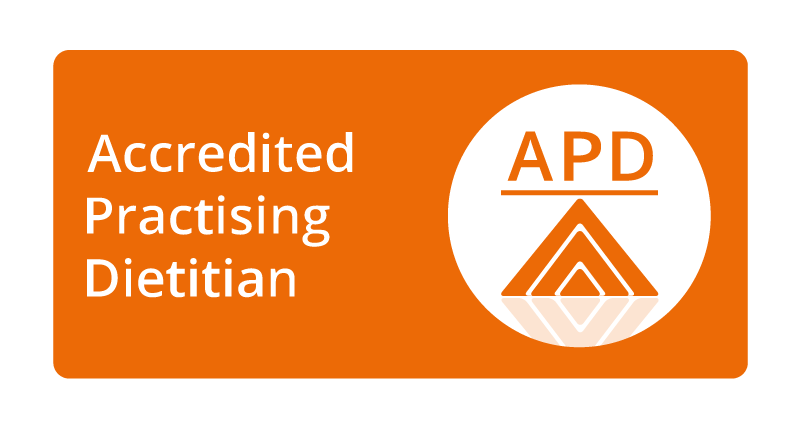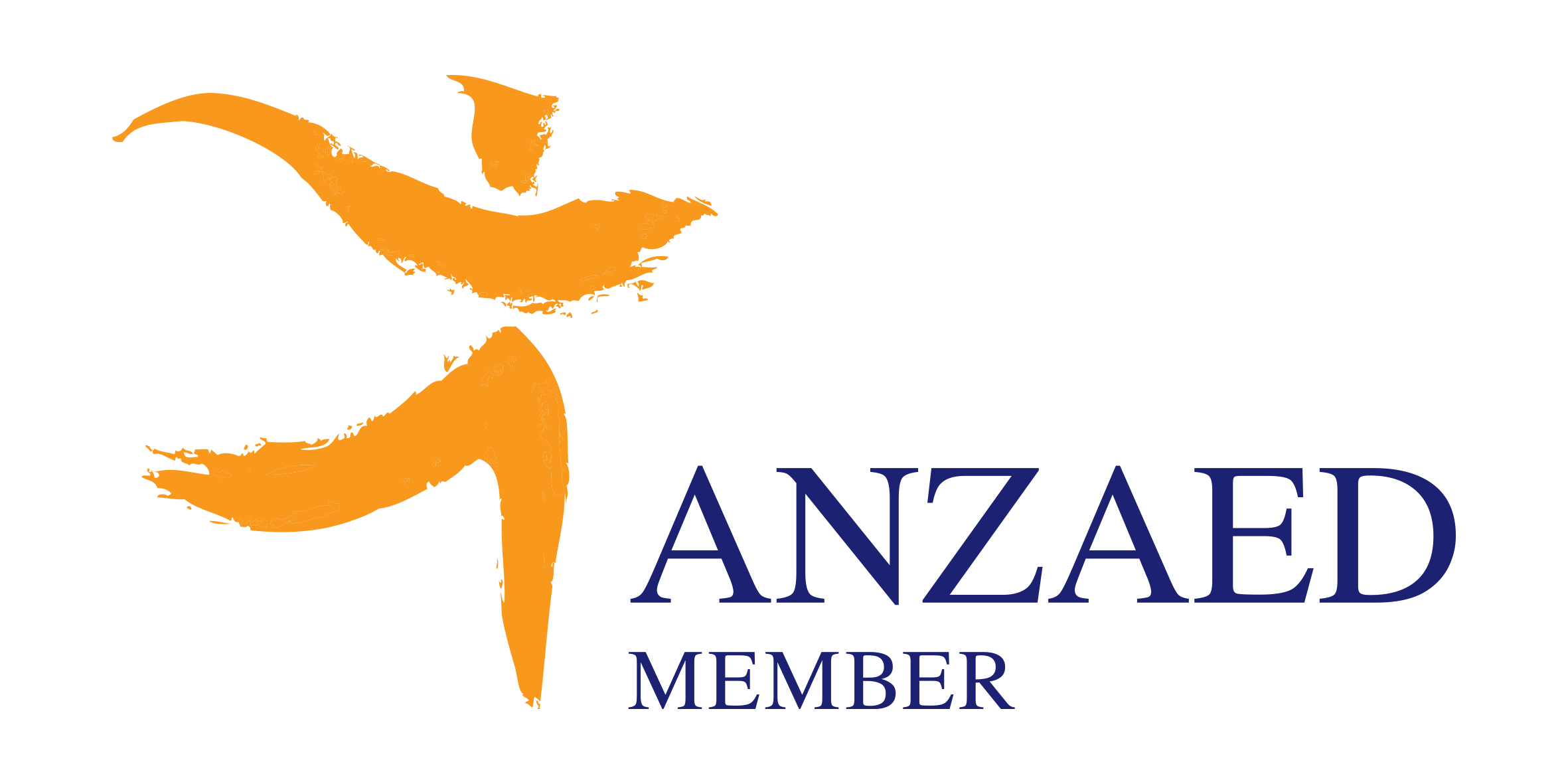“Recovery is making room for the real ‘YOU’ to exist”
I specialise in helping people recover from Eating disorders, disordered eating, chronic dieting and body image struggles. And in a world dominated by dieting, weight loss and food, this is no easy task! As an expert in eating disorder treatment and management – I am a Credentialed eating Disorders Clinician (Dietitian), I work collaboratively with my clients to help you discover you inner wisdom and intuition so that you re-learn how to eat and nourish yourself, as well as exercise and move in a way that is supportive of your mental, physical and emotional well-being.
My aim is to foster an environment that is supportive, non-judgemental, safe and collaborative in order for you to start to heal your relationship with food, weight, body and eating. For some, this can mean creating a safe space to be heard and understood, for others this can mean developing clear and concrete nutrition goals. Either way, my role is to work out what your needs are and help you work towards them in a safe and sustainable way.
I am dedicated to trauma-informed, inclusive and affirming care and acknowledge the past and ongoing injustices and discrepancies that are inherent within our medical system, nutrition models and society in general. I am particularly sensitive to the confusion and issues caused by the online world and social media, particularly for people struggling with eating disorders and weight concerns.
My Expertise
Eating Disorders:
- Anorexia Nervosa
- Bulimia Nervosa
- Binge Eating Disorder
- Other Specified Feeding and Eating Disorders
- Unspecified Feeding and Eating Disorders
- Eating Disorders and Autism Spectrum Disorder
- ARFID
Weight Management, Body Image and Chronic Dieting
- Selective Eating
- Emotional Eating
- Chronic Dieting
- Orthorexia
Sports Nutrition
- Disordered Eating and Eating Disorders In Athletes
- RED-S: Relative Energy Deficiency in Sport
“One day I had to sit down with myself and decide that I loved myself no matter what my body looked like and what other people thought about my body. I got tired of hating myself.”
Gabourey Sidibe
How does the dietitian help?
HOW I WORK:
There are various ways, and multiple reasons for which someone may come to see me for nutrition advice and support. Some people come to see me because they are concerned about their eating and want advice on how to improve it; others know I am an intuitive Eating Counsellor and have been suggested me by a friend or colleague; while others have been diagnosed with an Eating Disorder by their GP and have an Eating Disorder Plan. Often, people come to me after years of dieting, and are sick of the relationship they have with food, and after a long discussion with me I will refer them to their GP for further assessment regarding their eating behaviours and symptoms. This is because, while I can identify Disordered Eating, I cannot diagnose an Eating Disorder. Nonetheless, many clients are relieved that the symptoms they have been struggling with are treatable, and moreover, the years of dieting have been making it worse.
Differentiating between an Eating Disorder and a difficult relationship with food, however, is vital, as this will determine the approach I take in helping you. As a certified Intuitive Eating Counsellor, my goal with all clients is to help guide you towards internally regulated eating using Intuitive Eating Principles, however, just when these principles are introduced is very important. Similarly, recovery from an Eating Disorder requires a Multidisciplinary approach, involving your GP, Psychologist or Mental Health Clinician, Dietitian and sometimes, Psychiatrist.
If you have been diagnosed with an Eating Disorder by your GP, you’ll likely have an Eating Disorder Plan (EDP). As an Accredited Practising Dietitian and Credentialed Eating Disorder Clinician, I am experienced in providing ED recovery support as part of EDP teams (alongside your GP and Psychologist at a minimum).
If you suspect you have an Eating Disorder, but have not been able to access appropriate support, we can help advocate on your behalf and assist you in forming a treatment team in a setting most suitable to you.
I am trained in Acceptance and Commitment therapy, Family Based Therapy (FBT), Cognitive Behaviour Therapy (Enhanced for Eating Disorders), Internal Family Systems (IFS), Motivational Interviewing, Intuitive Eating (Certified Counsellor), Ellyn Satter Feeding Therapy, and am an Accredited Sports Dietitian. I have also completed training in Trauma informed Dietetic care to assist you in your recovery. I also engage in ongoing clinical supervision to ensure you are provided with the safest, most ethical care and support.
WHAT TO EXPECT
We recommend starting with weekly support sessions in order for a thorough assessment to be undertaken, but more importantly for you and me to get to know each other properly. Research has shown that the biggest factor in recovery is the therapeutic alliance, and for many people with Eating Disorders, building a trusting relationship can take time.
Over the first few weeks, the priority is understanding your current food intake, and pattern of food intake, and helping you establish regular and adequate nutritional intake, so that you can reconnect with your body’s appetite cues. Eating regularly is vital in order to help your body trust you that you will feed it regularly, and also help you trust that your body’s signals of hunger are accurate and reliable. As with hunger, we will also work with establishing fullness cues, though in the early stages of recovery, fullness cues can be less reliable and may take longer. Depending on your eating disorder, weight restoration may be part of your treatment plan, and I will work with you formulate a nutrition plan to achieve these outcomes. However, another one of my jobs, for all of my clients, is to help you decentralize how important weight is to your identity and thus to your recovery.
My hope is to help my clients navigate their recovery from their eating disorder in a way that feels safe and supported so they can live full, healthy and productive lives, no longer burdened by the fear or worry of food, weight or body issues.
EDP REBATES
Your EDP will entitle you to 20 rebated sessions (per year) with an accredited Dietitian through the Australian Medicare Benefit Scheme. You’ll receive a rebate of $55.10 on each of the 20 consultations, available from the date your EDP commences.
RESOURCES AND LINKS:
Butterfly Foundation: https://butterfly.org.au
InsideOut Institute: https://insideoutinstitute.org.au/#gsc.tab=0
National Eating Disorders Collaboration: https://nedc.com.au
Australia & New Zealand Academy for Eating Disorders: https://www.anzaed.org.au


